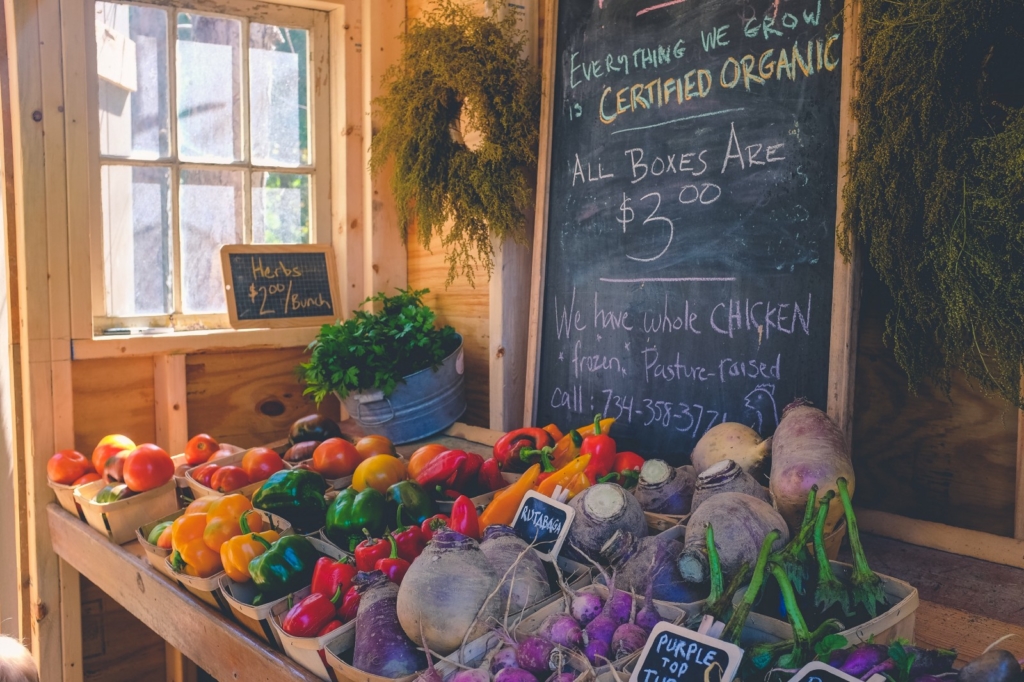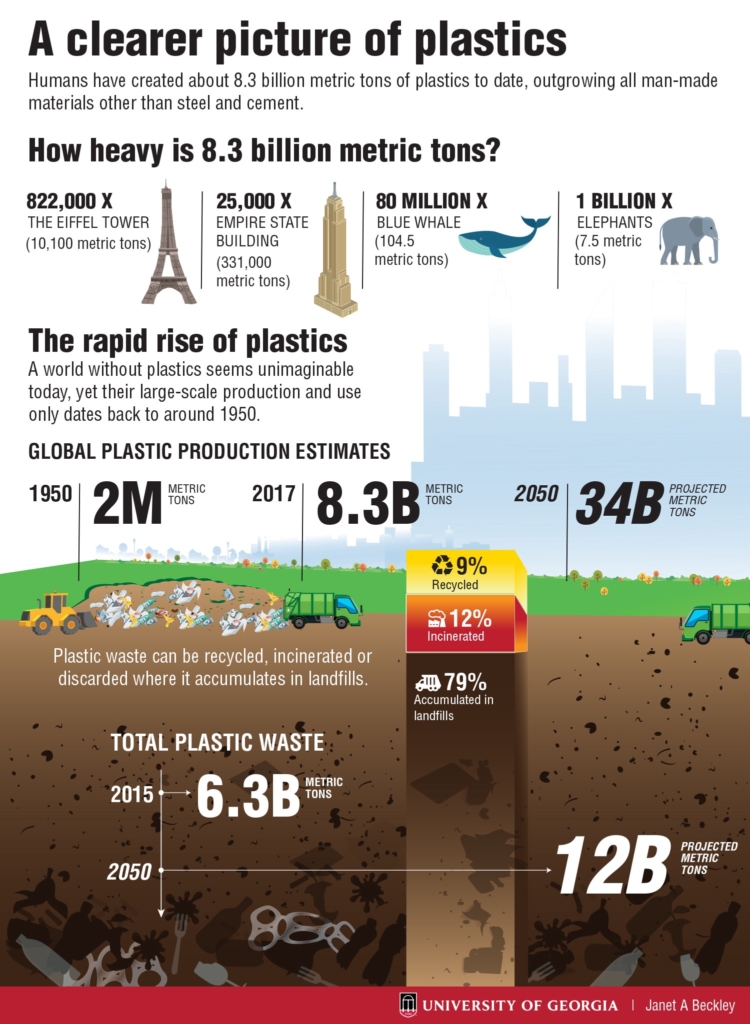When it comes to climate change, this theory rings true. If everyone in the world consumed at the rate of some western countries, we would need several planets to sustain the world’s population and consumption requirements.
As an individual, have you ever taken a moment to consider your global footprint? According to the Global Footprint Network, the world-average ecological footprint in 2012 was 2.84 global hectares per person (220.1 billion in total). With a world-average biocapacity of 1.73 global hectares per person (99.2 billion in total), this leads to an ecological deficit of 1.1 global hectares per person (7.8 billion in total). So this means, that the current world population is using more resources than the planet can sustain.
So the question is, as one person in a global population of 7.5 billion, can you make a difference? The answer is YES.
Making conscientious reductions in your lifestyle doesn’t necessarily mean going without. Here are ten tips on how to positively impact the future of the planet with some changes that you can consider in your daily life.
- Be Energy Wise — turn off lights, switch to energy efficient lighting solutions, hang out your clothes to dry rather than use a dryer and always consider energy ratings when buying new appliances.
- Consider your food sources — the production and transport of food generates significant levels of greenhouse gases so, it is worth considering buying local and directly from growers where possible.

3. Ride, walk or public transport — consider fuel-efficient options when planning your next trip. Holiday closer to home to avoid the emissions of heavy air travel. If you need to travel by air, consider travelling in economy, as the carbon emissions of the flight are shared by a greater number of people.
4. Reduce your use of plastics — every piece of plastic ever created is still on the planet. Scientists estimate that the total amount of plastic ever created is 8.3 billion tonnes — the same weight as a billion elephants and up to 91% of all plastics are not recycled.

5. Think about your waste — when purchasing products, consider the waste that you are generating through your purchases. Are there alternate products available that generate less waste? For your food scraps consider composting or worm farms and look at what you can reduce, reuse and recycle in your household.
6. Eat Less Meat — livestock produces significant levels of methane gas and account for 18% of all man-made greenhouse gas emissions. Additionally, large tracts of land have been cleared globally for farming, including vast tracts of key biodiversity regions including in the Amazon basin.
7. Plant More Trees- humans have cut down half the trees on the planet and continue to cut down the equivalent of 48 football fields every minute. Trees combat climate change by absorbing CO2 and providing us with oxygen to breathe.
8. Consider alternate energy sources — where available consider wind and solar energy options that are not reliant on the burning of fossil fuels. Look for suppliers who offer these options.

9. Ditch Single Use Products — coffee capsules, takeaway coffee cups, plastic straws, plastic cups. We all know they generate waste, you can make a difference by opting for reusable products instead.
10. Educate and Inform — encourage your friends and educate your children about the simple things they can do to reduce their impact. Empowering the next generation with the knowledge to make a difference will lead to positive outcomes for the planet.
If you want to understand your global footprint, visit http://www.footprintcalculator.org/ to calculate the impact that your daily consumption has on the planet.

